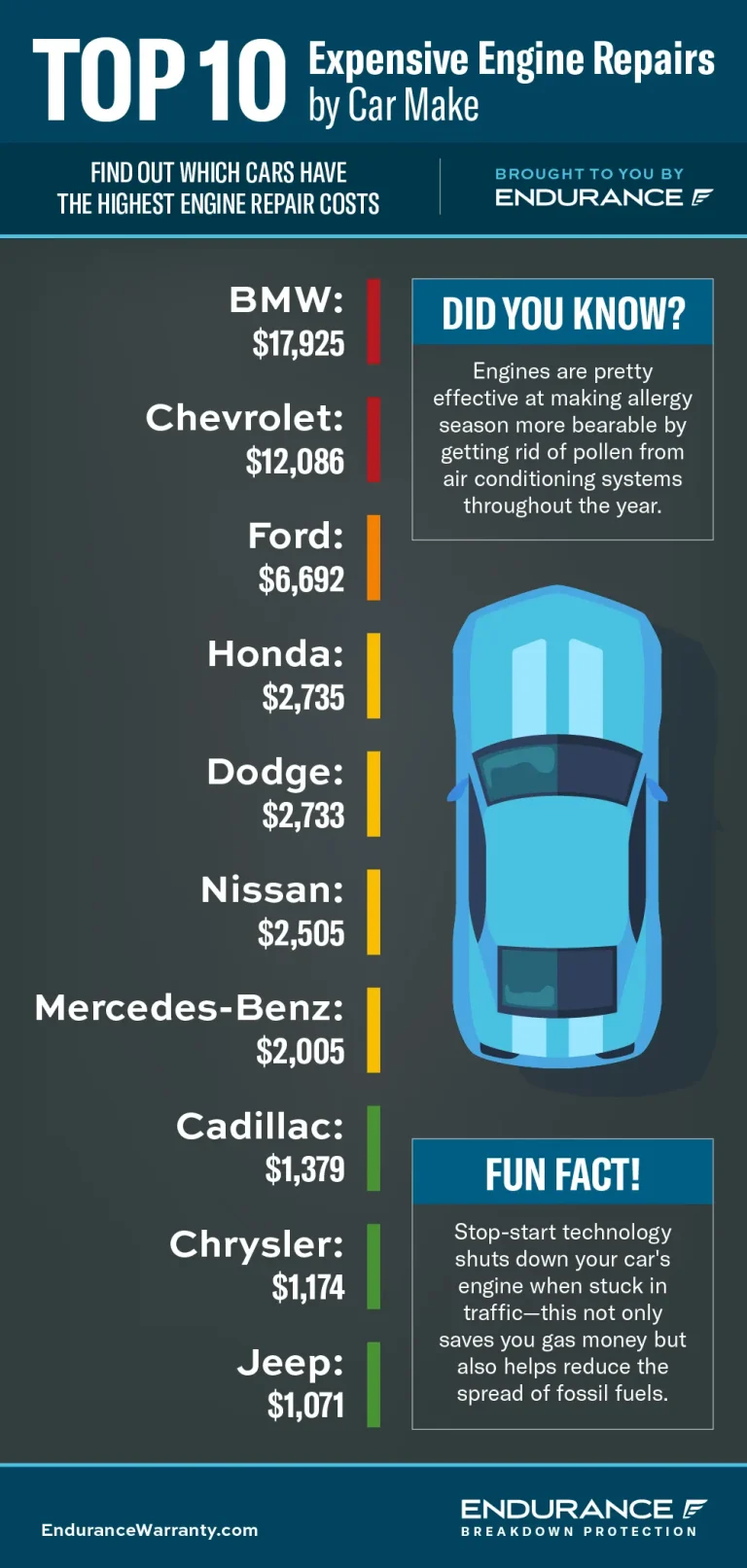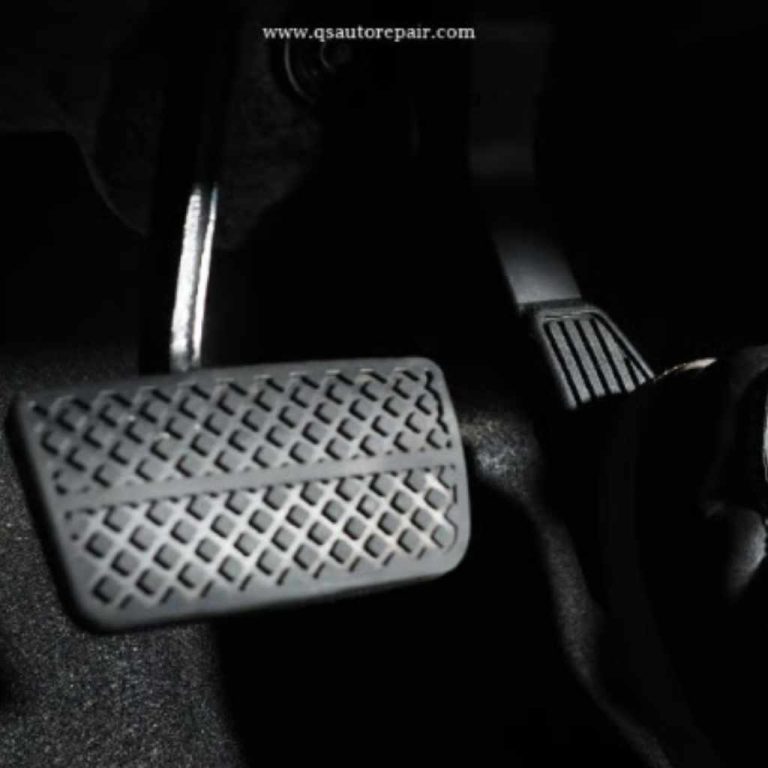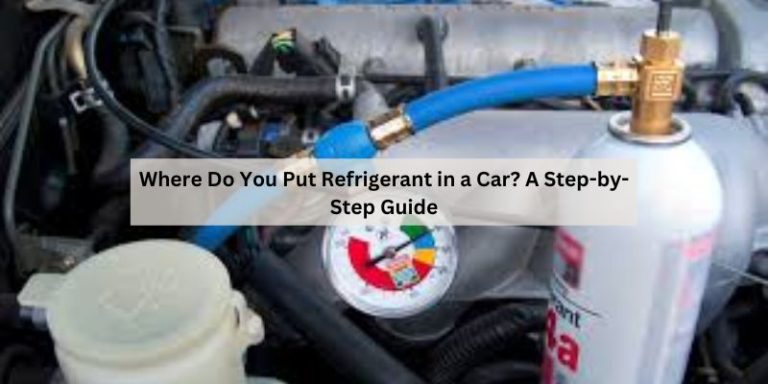Do Miles Matter on a Car?: Uncover the Truth
Yes, miles do matter on a car. They indicate how much the car has been used.
A high number of miles can mean more wear and tear. But is it that simple? Understanding the impact of miles on a car’s value and performance can be tricky. Many buyers focus on the odometer when choosing a vehicle.
But should you? In this blog post, we’ll explore why miles matter and what else you need to consider. We will also discuss how mileage can affect a car’s reliability and resale value. Whether you are buying or selling, knowing the role of miles can help you make a smart decision. Let’s dive in and uncover the truth about car mileage.
Introduction To Car Mileage
Car mileage shows how far a car has traveled. It is one of the main factors in determining a car’s value. High mileage can mean more wear and tear. It can also lead to higher repair costs. Low mileage can indicate less use. This might mean fewer repairs. Mileage is a key detail to check before buying a car. It helps you understand the car’s history.
Many think that high mileage always means a bad car. This is not always true. Some cars with high mileage are well-maintained. They can still run well. Low mileage does not always mean a good car either. A car with low miles but poor maintenance can have many problems. Always consider a car’s overall condition. Not just its mileage.
Impact Of High Mileage
High mileage means the car has been driven a lot. Parts wear out faster with more miles. This includes the engine, brakes, and suspension. Regular use causes friction and heat. These can lead to damage over time. Older cars with high miles may have more issues. Frequent repairs might be needed. Keeping up with maintenance can help. But still, wear and tear is normal.
Cars with high mileage often need more maintenance. Oil changes, tire replacements, and brake pads can add up. Older parts may need to be replaced. This can be expensive. High-mileage cars might visit the mechanic more often. This means more money spent on repairs. Regular check-ups can help spot problems early. But the costs can still be high.
Low Mileage Myths
Many think low miles mean a better car. This can be misleading. A low-mile car may have other issues. Lack of use can lead to problems. The car may have been idle for long periods. This can cause parts to wear out.
Some low-mile cars may have hidden problems. Rubber parts can dry out. Seals and gaskets may crack. Fluids may become stale and lose effectiveness. Regular use keeps a car’s systems in check. Always check a car’s history, not just miles.
Evaluating A Used Car
Mileage shows how far a car has traveled. Low mileage often means less wear. But age can also affect a car. Older cars might have parts that wear out due to time. Both factors matter when you buy a used car. Look at both mileage and age to get a clear picture.
Check if the car has been well-maintained. Regular service records show the car was taken care of. This can mean fewer problems in the future. Ask for the service history. It can tell you a lot about the car’s health. A good service history is a good sign.
Mileage And Resale Value
High mileage can lower a car’s resale value. Buyers often prefer vehicles with fewer miles. It suggests less wear and tear.
Depreciation Factors
Higher mileage on a car can lower its resale value. Buyers often prefer cars with fewer miles. This is because they believe these cars are more reliable. Cars with lower mileage also tend to have less wear and tear. Regular maintenance can help keep a car’s value high, even with higher miles.
Market Trends
In recent years, some buyers are less worried about high miles. Good maintenance records can make high-mileage cars more attractive. Some models hold their value better, even with more miles. It is important to research which cars are best for resale.

Credit: www.acvauctions.com
Modern Cars And High Mileage
Modern cars have better technology. Engines are more efficient. They last longer. Materials used are stronger. This means less wear and tear. Sensors and computers help to monitor the car. They alert you of any issues. This can prevent major problems. High mileage is less of a worry now.
Many parts last longer now. Brakes and tires are more durable. Regular maintenance can extend the life of parts. Oil changes and tune-ups keep the car running well. Modern cars can easily reach 200,000 miles. Some even go beyond. High mileage does not mean the car is bad.
Buying Tips For High Mileage Cars
Check the engine for leaks or strange noises. Look at the brakes and see if they are worn. Examine the tires for any damage. Inspect the suspension for wear and tear. Make sure the lights and signals work properly. Test the battery for strength. Look for rust on the body of the car. Ensure the air conditioning and heater work well. Check the transmission for smooth shifting.
Research the car’s market value before negotiating. Point out any issues you find during inspection. Use these to negotiate a lower price. Be ready to walk away if the price is too high. Offer a fair price based on your research. Always be polite and firm. Stay patient and calm during the negotiation.

Credit: www.normreeveshondavista.com
Frequently Asked Questions
Do Miles Matter When Buying A Used Car?
Yes, miles do matter when buying a used car. Higher mileage often indicates more wear and tear. Lower mileage generally suggests less usage and potentially fewer repairs. Always consider the car’s overall condition alongside its mileage.
What Is Considered High Mileage For A Car?
High mileage for a car is typically over 100,000 miles. Cars with high mileage may require more maintenance. However, well-maintained cars can still be reliable.
How Do Miles Affect A Car’s Value?
Miles directly impact a car’s value. Higher mileage usually decreases a car’s resale value. Buyers often prefer lower-mileage vehicles, considering them more reliable.
Can A High-mileage Car Be Reliable?
Yes, a high-mileage car can be reliable if well-maintained. Regular servicing and proper care can extend a car’s lifespan. Always check the car’s maintenance history.
Conclusion
Miles do matter on a car, but not always in the same way. High mileage can mean more wear, but good maintenance is key. A well-cared-for car with high miles can still be a good buy. Consider the car’s history and condition first.
Both can tell more than just the miles. Always test drive and get a trusted mechanic’s opinion. Remember, a car is more than its mileage. It’s about how it was treated too. Make an informed choice and drive with confidence.







